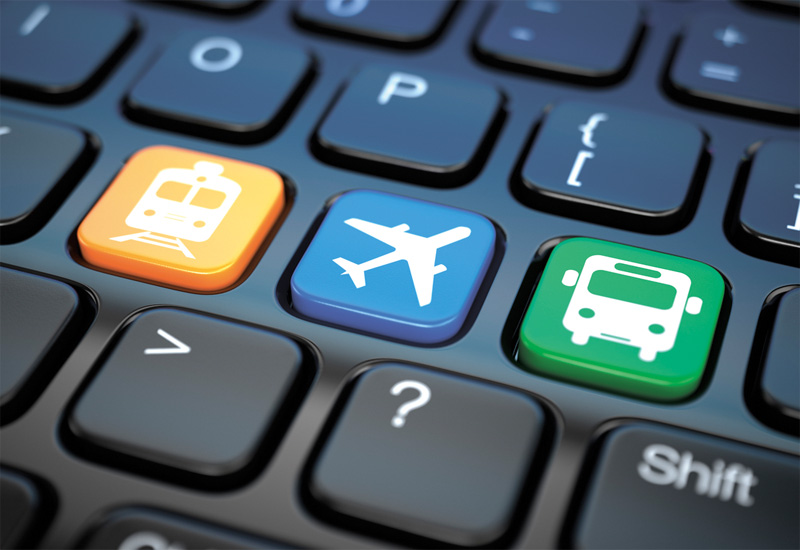 More consumers are looking at travel online, but the challenge is to increase the numbers that actually proceed to book and pay online.
More consumers are looking at travel online, but the challenge is to increase the numbers that actually proceed to book and pay online.
Hotels are working to increase direct online bookings, but many still also rely heavily on online booking giants such as booking.com and Expedia, pushing up commission costs. Could smaller, local OTAs offer more beneficial partnerships?
Hotelier Middle East has long documented the effort and investment from hotels to increase direct bookings through website upgrades and mobile transitions but still, many pay commissions of up to 30% to online booking giants to help widen their sales net.
And according to Naeem Darkazally — VP sales and marketing MEA, Millennium & Copthorne, this situation is unlikely to change in the near future.

| Advertisement |
“OTAS have become monsters that hotels created — they are a big source of business; we can’t live without them,” Darkazally told Hotelier at the recent GIBTM in Abu Dhabi.
“OTAs ... control a lot of a hotel’s inventory and it has put them in a situation where they have the upper hand. So they say ‘I want so much commission’ — the hotel’s options are either yes or no, and then you lose all their business because for that online operator that hotel is only one business out of 600,000 hotels, so it makes no difference to them.
“For the hotel, it hurts a lot,” comments Darkazally. “The commission level is always high ... we have websites and we try to improve all the time and it costs us a fraction of what these OTAs take from us as commission, so it would make more sense for the business to come through our websites, that’s not a secret, but we’d never go to the extent of saying ‘we don’t want that business’ or — ‘let’s not give them the rates’ or ‘let’s not give them the availability’. They’re there to remain and in my opinion they will grow even further as customers go online anyway.”
Research certainly shows the potential for remarkable growth in driving online travel and hotel bookings in this region. A report from Google found that 39% of leisure travellers in the United Arab Emirates use the internet to plan a trip, but only 12% actually purchase online — compared to around 75% in the UK.
Speaking at the inaugural Web In Travel Middle East event in Dubai in March, Google Middle East and North Africa head of travel Ivan Jakovljevic noted that within the region, the UAE was the most mature market with “one out of two people” going online when they are thinking about travel.
However, considering the low conversion to purchase rate, is there an opportunity for local hoteliers and local OTAs to work together, possibly reducing reliance on the bigger aggregate sites, to make online booking easier and more efficient?
“There is quite a lot of room for growth when it comes to online bookings. The challenge is how to facilitate that process, how to most effectively try and close that gap of where the customers are and where they make their booking,” he said.
Article continues on next page ...








 Search our database of more than 2,700 industry companies
Search our database of more than 2,700 industry companies









